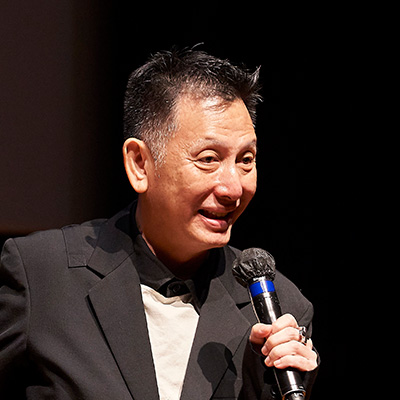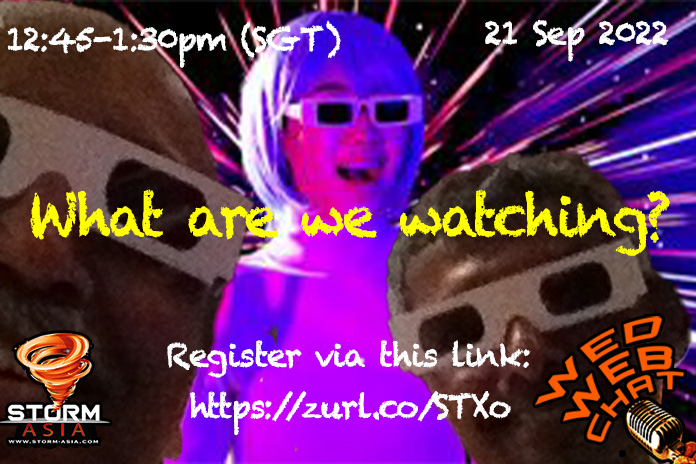IF you grew up in the 1960s you’d remember the kampong spirit that served as the glue to bond the migrant communities building their new homes in Singapore.
It was a time of sharing as the young nation worked together to raise Singapore’s stock in the world.
Some of the sharing could be seen in the way we approached social media. It was truly social then: Families and friends would huddle around radios to listen to the news of the day and when television reached Singapore in 1963, that became the focal point of the gatherings.
Particularly so when it came to important events in Singapore — a major announcement that would shape Singapore’s future or an important Malaysia Cup football match.
Back then, the big box with the black-and-white images was enthralling. Clearly the entertainment anchor in homes that could afford a television set.
It’s still pretty much the case now, except the colourful images and constant burbling of sound is coming from a device in the palm of your hand. Or a laptop, or maybe a desktop computer.
Watching Change Take Place
In five decades the world has changed.
No longer are we chained to firm schedules and confined to fixed spaces like living rooms and cinema halls. We have almost everything on demand.
And no longer is it just fixed channels providing respective information. There is now an endless sea of options streaming from a multitude of platforms serving up non-stop entertainment, news, information and chatter in ceaseless waves.
With the world as your service provider — barring any censoring for whatever fearful reasons may be offered — how has society coped with the new environment where no physical boundaries demarcate how and where we consume our information? And how will it shape thinking and behaviour with the likes of the Metaverse beckoning?
This week’s WED WEB CHAT — What Are We Watching? (21 Sep 12:45-1:30pm SGT) explores the impact that this new environment is having on society.

Panellists include media industry veterans like Kenneth Tan, Chairman of the Singapore Film Society, who previously worked with MediaCorp, Golden Village and Media Development Authority, and Jeremiah Choy, lawyer turned full-time entertainment entrepreneur and the Founder of Orangedot Productions.

Also adding her views will be Lavania Rosie, a young mother and founder of Dance Embassy & Tinted Wateva.

How will what we watch shape our habits and impact the local creative industries?
Will the spirit of sharing give way to one of individual preferences? What impact will that have on the entertainment industry?
Join in the discussion with your views and questions. Register for this Zoom session via this link: https://zurl.co/STXo






















